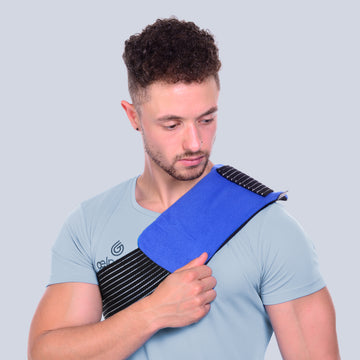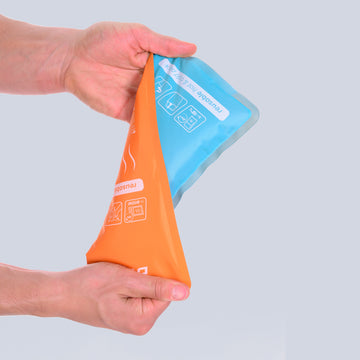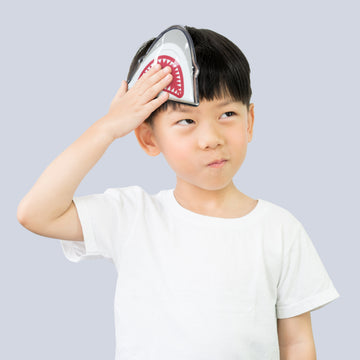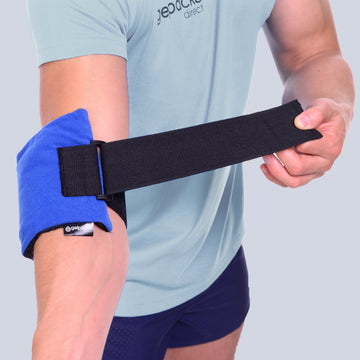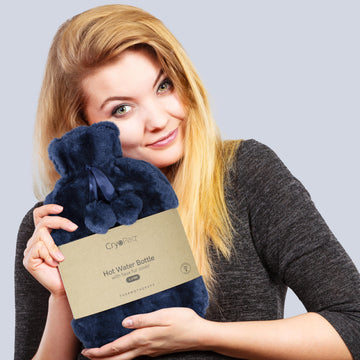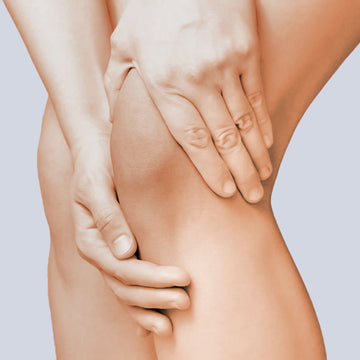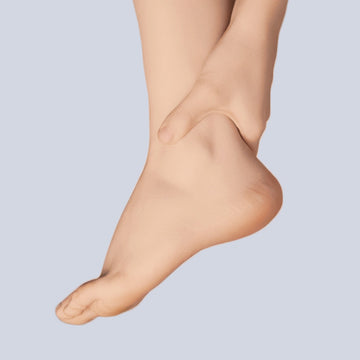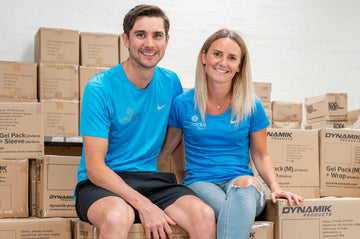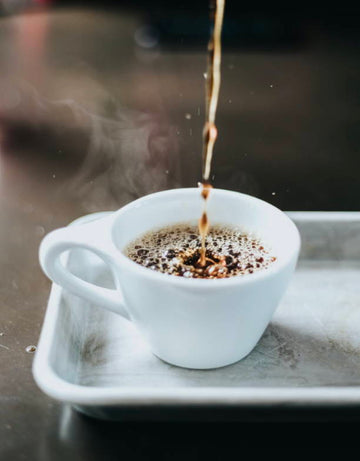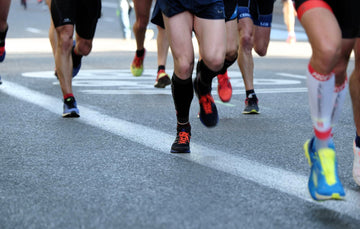Posted by Tia Patel | APR-07-2021
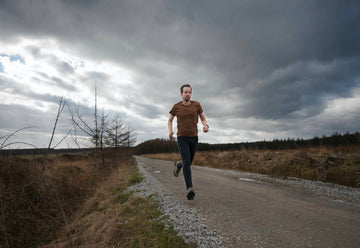
Running with IBS
The majority of runners will have a good “toilet story” to tell. Whether it’s the anticipation of the race ahead making you need an emergency poo stop, or, the over consumption of gels and nutrition during your race, meaning you have to make a mad dash for the portaloos at the finish line. 60% of runners will suffer stomach issues at some stage in their running career, but for those living with IBS, running can both help and hinder!
What is IBS?
IBS is a chronic disorder which causes changes in bowel habits. Symptoms include bloating, abdominal pain, cramps, diarrhoea or constipation. It can be daunting and frustrating as running and other forms of exercise activity can aggravate the symptoms.
There are two types of IBS:
IBS-C: irritable bowel syndrome with constipation.
IBS-D: irritable bowel syndrome with diarrhoea.
What are the symptoms of IBS?
- Pain or cramping in the abdomen
- Excess gas and bloating
- A feeling of fullness
- Loose or watery stools
- Constipation or diarrhea
- Difficulty controlling bowel movement
These symptoms can come and go and last anything from a few days to a few months. Sadly, there is no cure so it is important to identify ways to help manage symptoms.
Is running good for IBS?
There is no simple answer to this question. In some cases, yes! Running can help to relieve stress which can be a trigger for IBS symptoms. It can also help to relax the bowel, helping to relieve constipation.
On the other hand, the impact of your foot striking the ground continuously can increase bowel sensitivity, making sufferers need the toilet more frequently and sometimes with little notice.
How to manage IBS
Try to establish what triggers your symptoms. In most cases it can be a particular food. Try keeping a food diary. This will help you to identify what you have eaten when your symptoms have been severe.
It is also a well known fact that stress is a contributing factor in triggering IBS symptoms so it is important that sufferers take action to manage stress levels.
Take a look at our tips for combatting stress
If you want to exercise more often, it’s important to be prepared if your IBS ever flares up. This will allow you to be more comfortable when working out:
- Avoid eating food before running. This will minimize the risk of a full stomach triggering the condition while you are out on a run.
- Stay well-hydrated by drinking plenty of fluids before and after running.
- Plan your routes so you are in close proximity to toilets in case of emergency
- Avoid caffeine or hot drinks before you exercise as they can worsen IBS symptoms.
- Use your gel pack hot to relax the colon and ease abdominal pain and cramps.
Alternatives to Running
Walking can sound boring when you love running, however a fast paced walk is a great option while you are getting on top of your IBS symptoms.
Here are some ideas on how to get a lower and upper body workout while walking:
- Concentrate on your core muscles. This can improve your core strength.
- Position your arms. Do not let them hang! This keeps your core steady and reduces side-to-side twisting.
- Try hand weights. These can provide additional resistance to build your biceps and lower body.
- Practicing breathing exercises. These could help by promoting relaxation.
Swimming is also a great alternative to running. The relatively low impact on the body means there is less risk of aggravating the bowel. Why not try open water swimming? Being outdoors in the cooler water benefits your mental health as well as your physical health.
When to talk with a doctor?
You should go and see a doctor if you have:
- diarrhea at night
- unexplained weight loss
- unusual pain
- Rectal bleeding
- abdominal swelling
- vomiting
These symptoms may indicate a more serious condition.
If you have IBS, regular exercise can help to manage your symptoms. It is best to choose low to moderate intensity activities such as walking, yoga, and leisurely swimming. You should also do your best to adopt healthy lifestyle habits such as following a healthy diet, avoiding alcohol and getting enough sleep.
Click here for tips to help you get a better nights sleep
Look after yourself and stay well!
#TeamGPD
